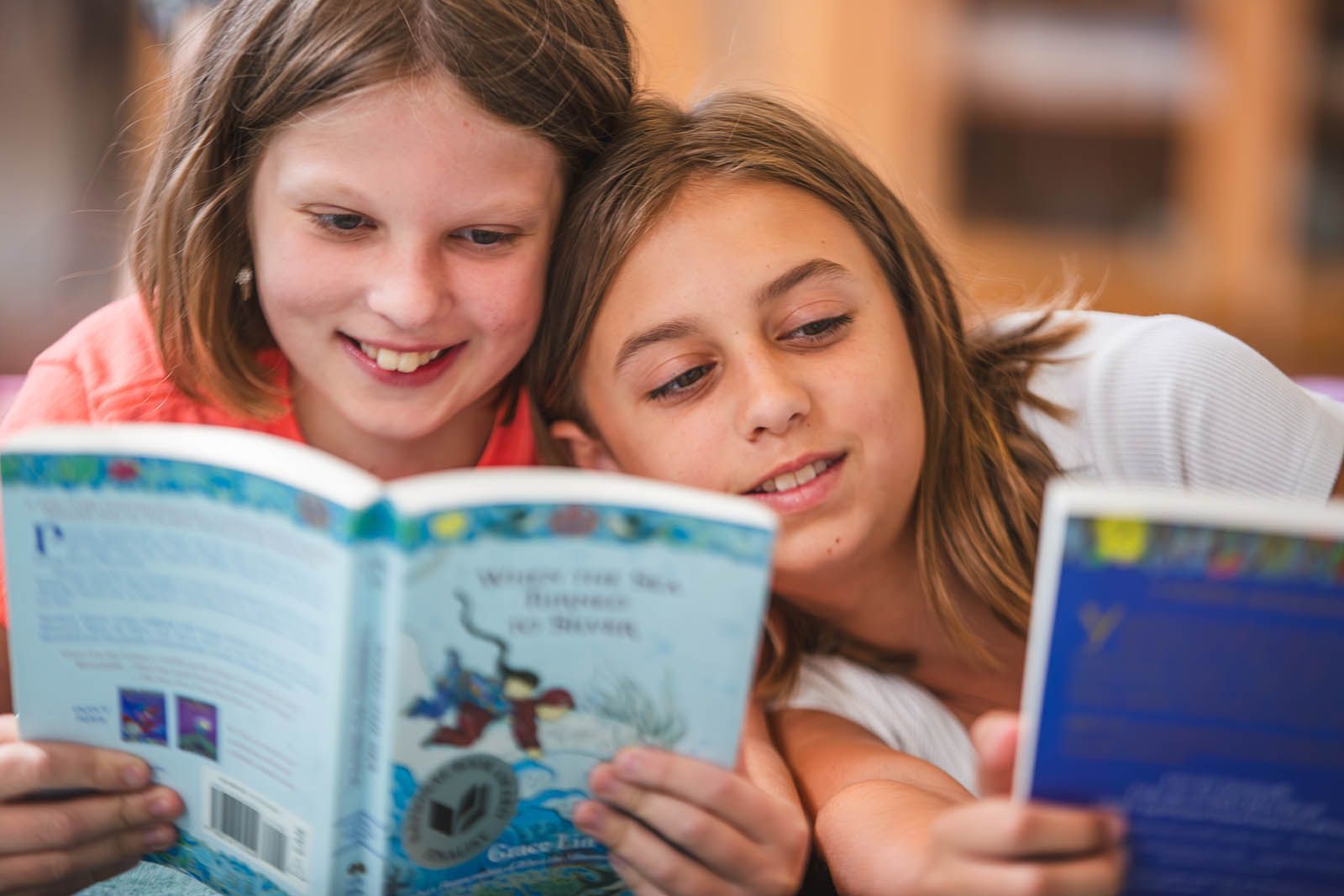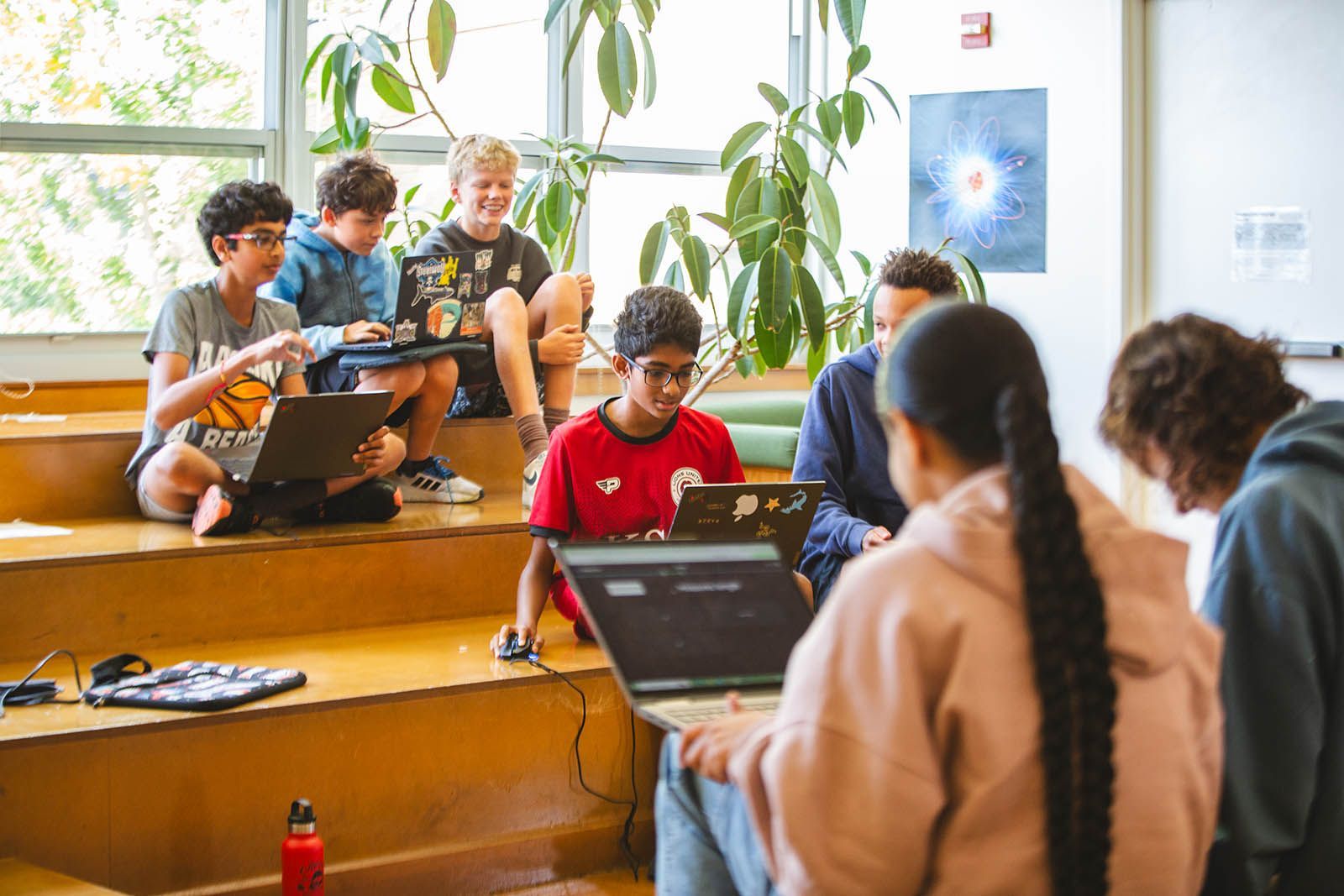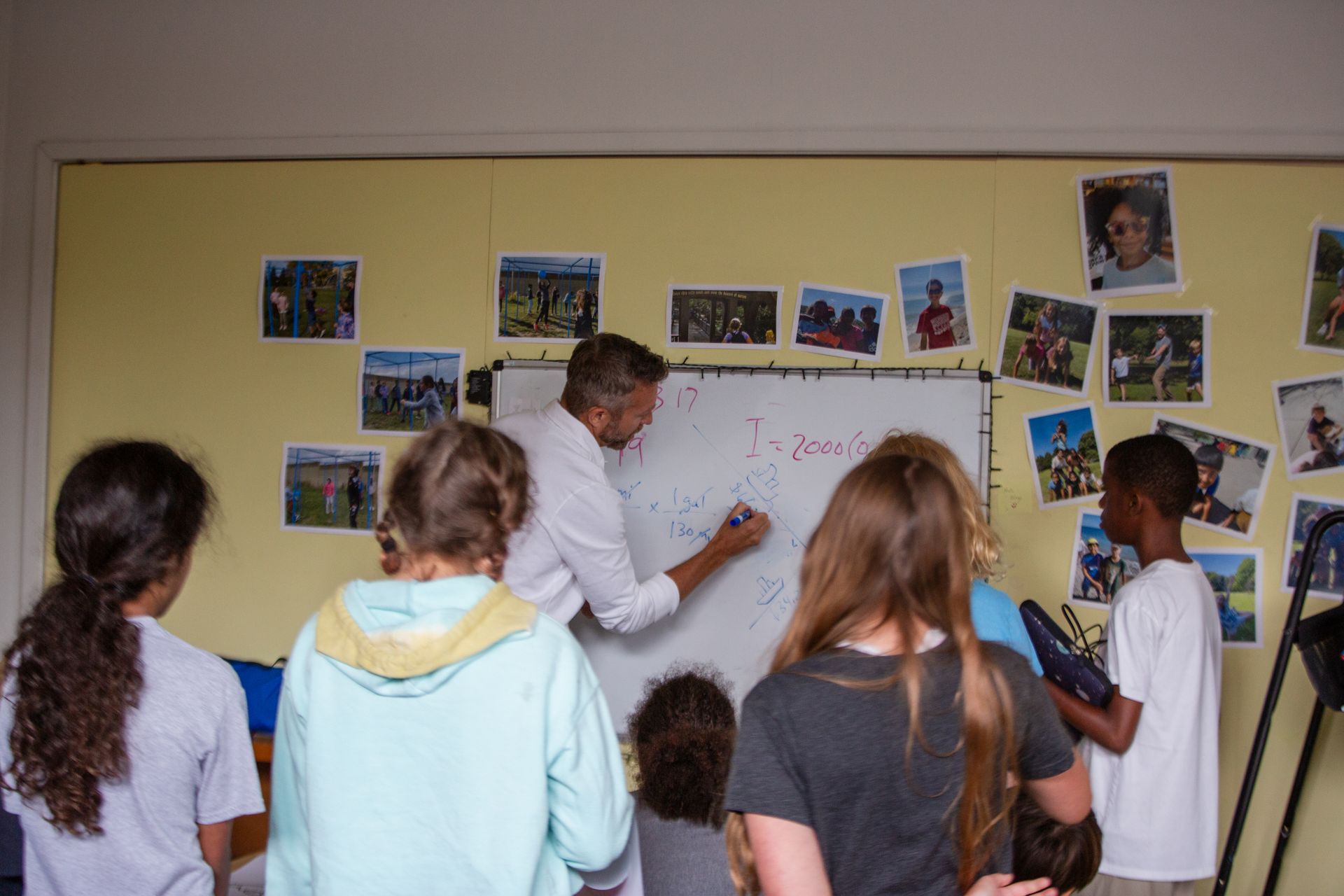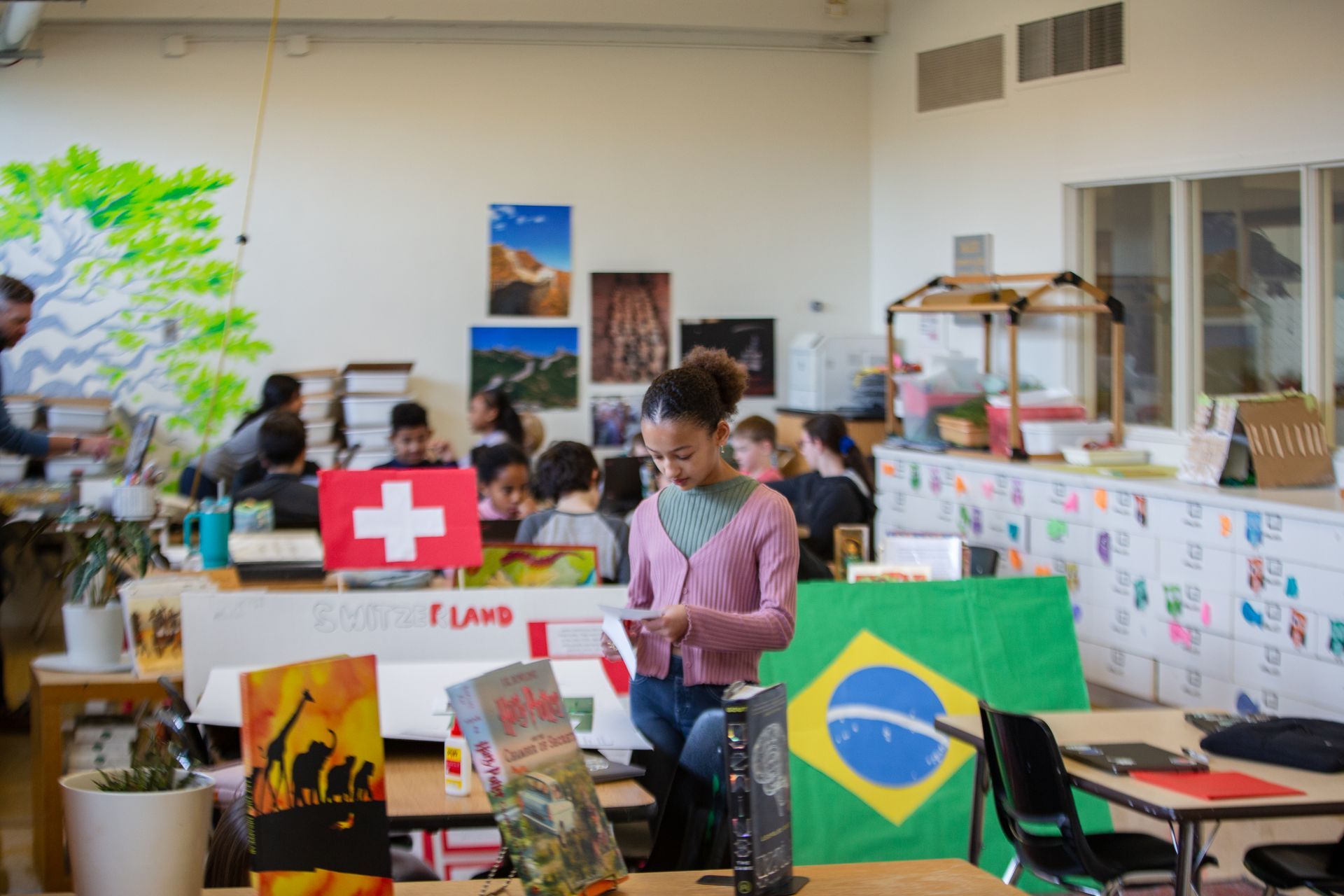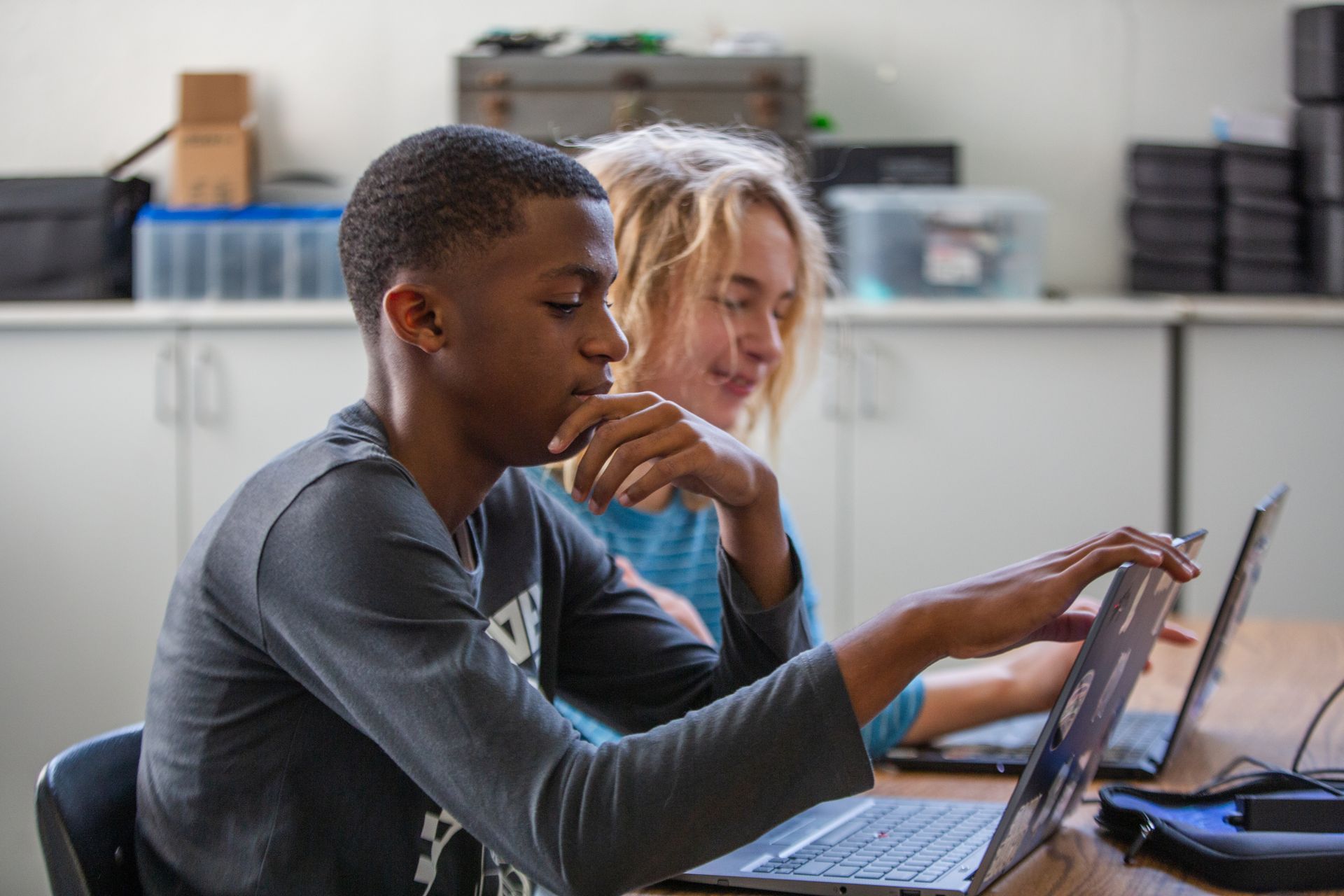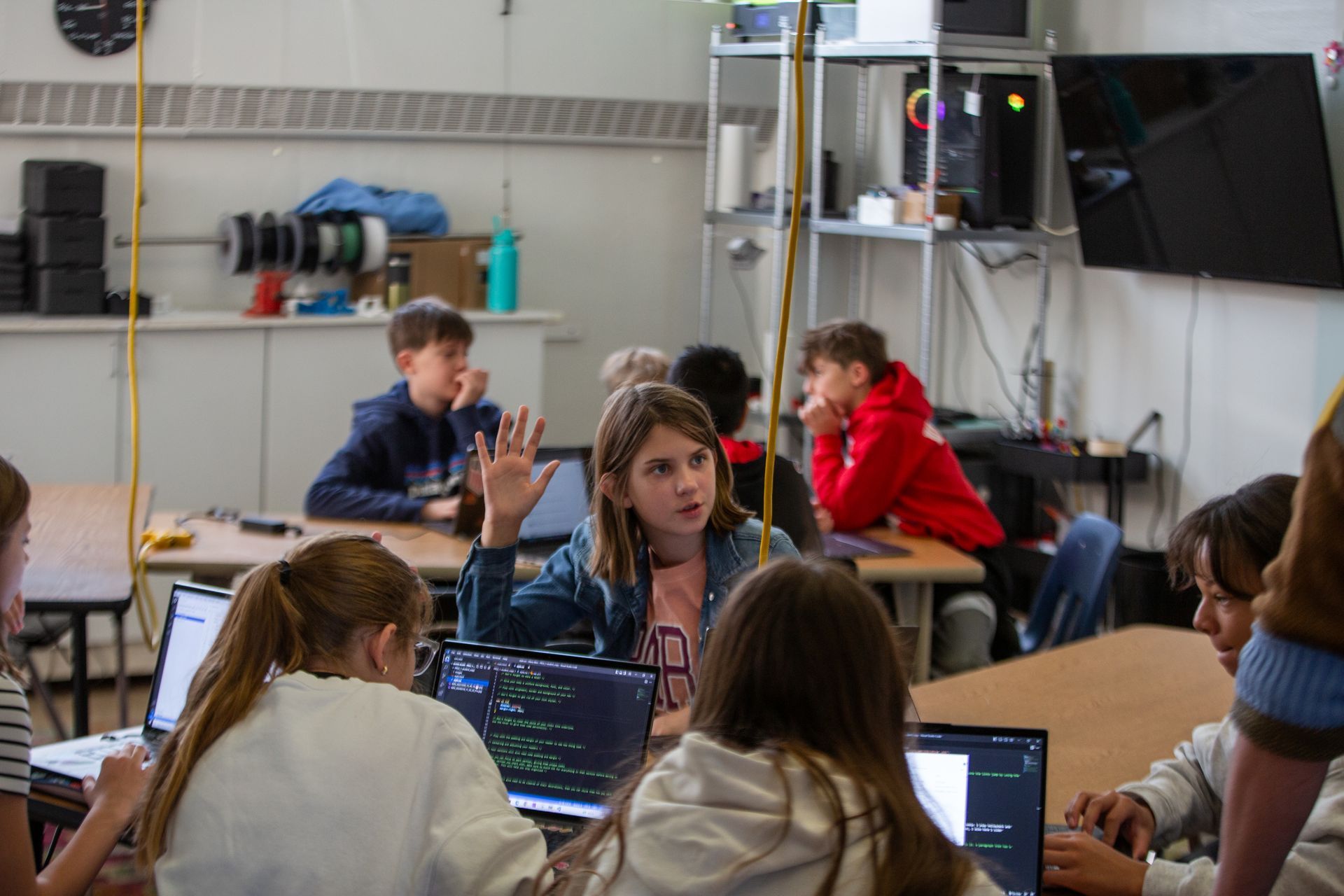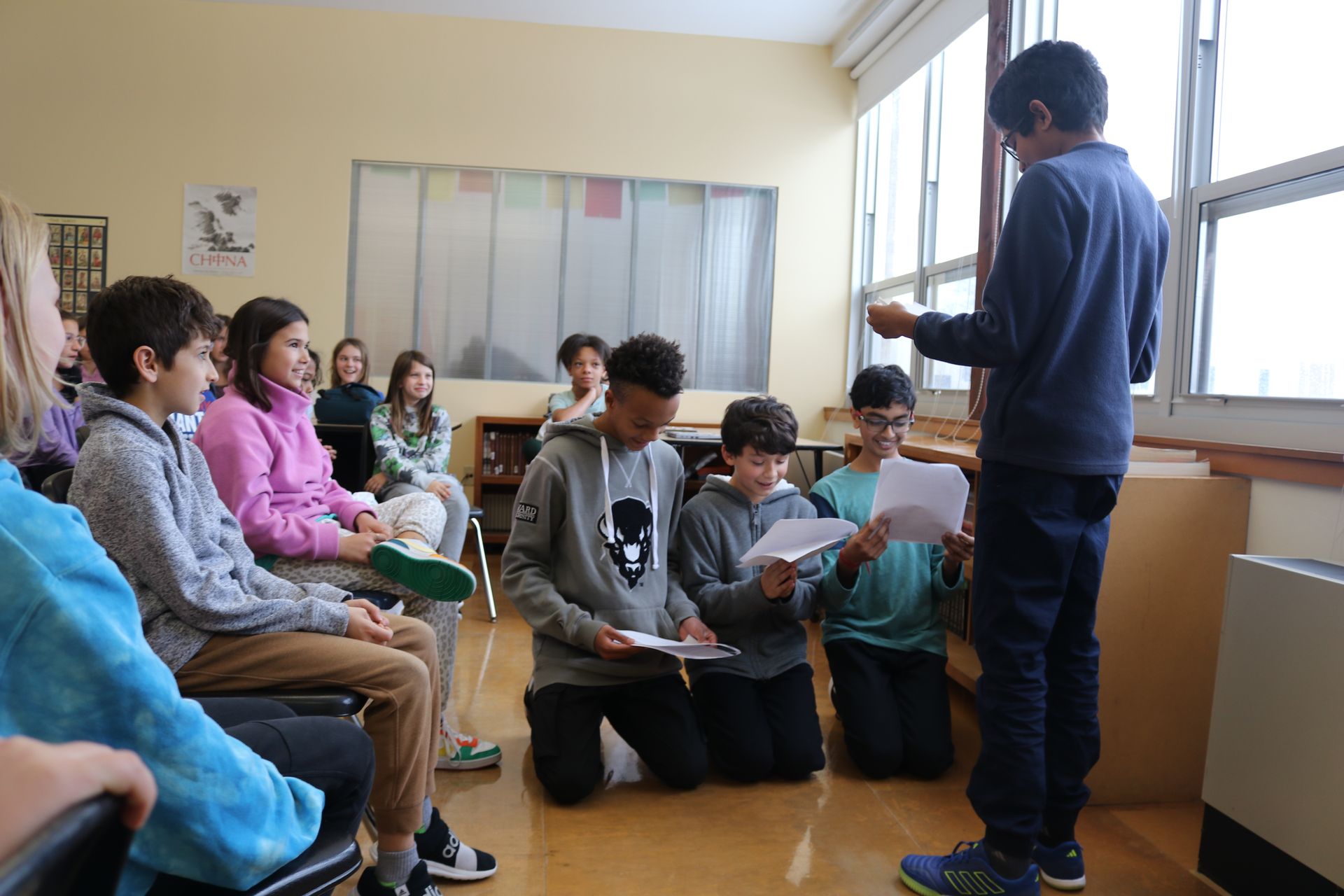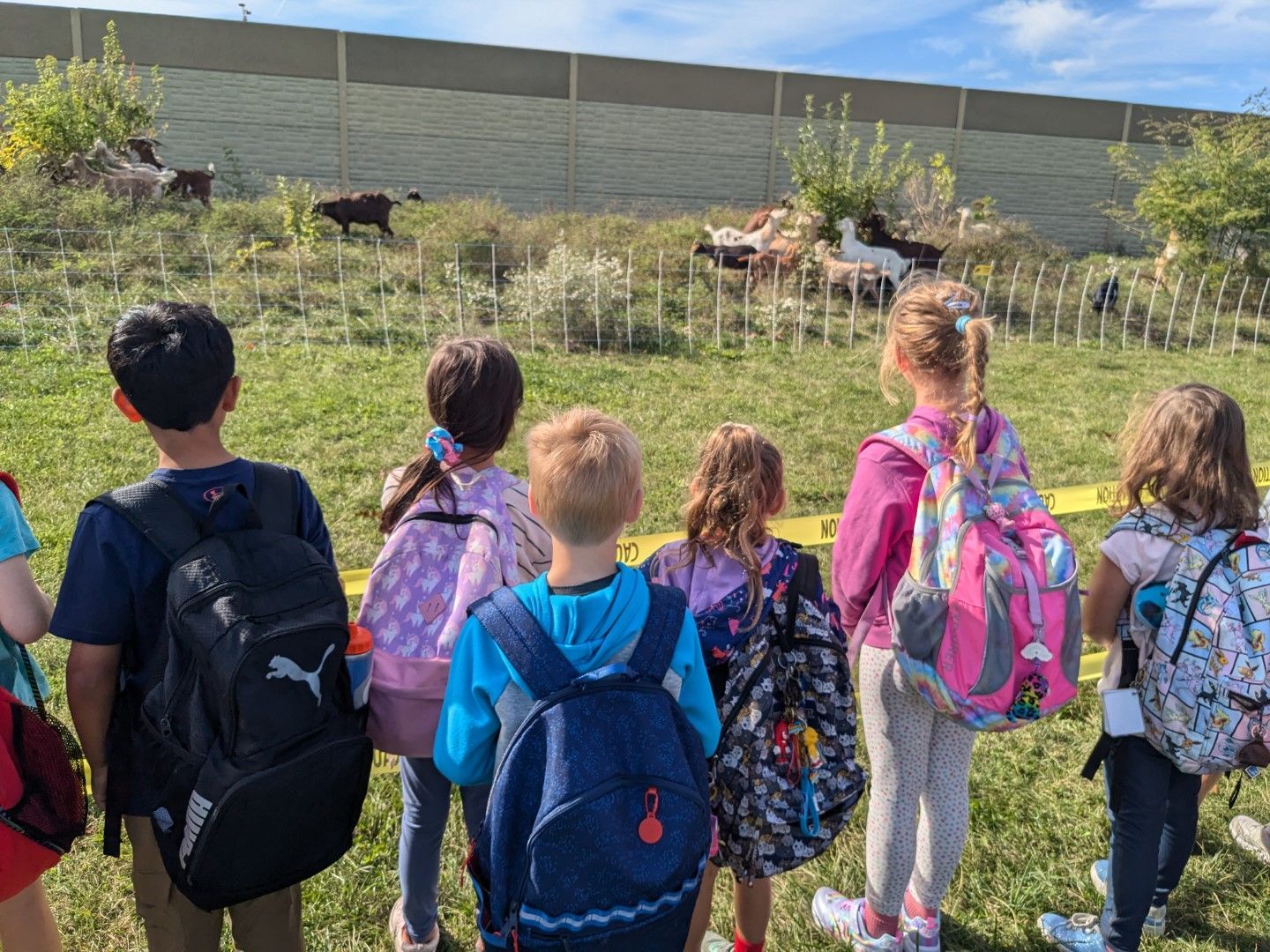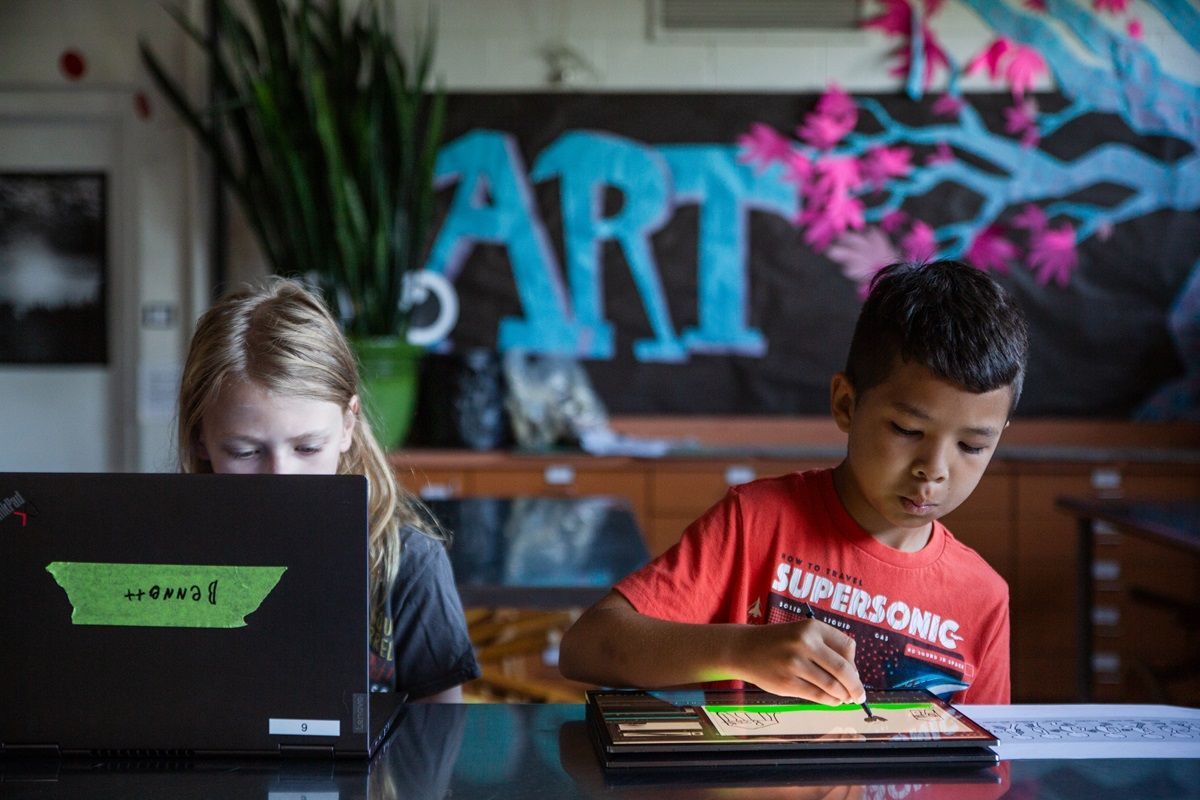When choosing novels for our classes, we ensure that we have a diverse set of authors, both men and women, from various time periods and ethnicities. However, ensuring students are exposed to material they can digest is essential.
When a student can compare their situation in life to a character they are reading in a book, it’s almost as if the world gets a little less lonely. Even something as horrific as the loss of a loved one or a parent can be given space on the page and allow a young reader to see that there are ways of getting through the pain. Even though this character is fictional, they are going through the same circumstances the reader is going through, and because they can fight their way through that adversity, who’s to say this child cannot? It’s not always about negative feelings, either. Joy, which seems synonymous with children but is just as fleeting as it is in adults, can make sense of our happiness when it’s spilled out in the words and actions of a beloved character. Strange as it is, we feel whatever our characters feel. The anger and frustration of injustice, the cathartic effervescence of winning; all these things can be felt through the page and, in turn, make us more aware that those around us are living, feeling beings just as we are.
The truth is, the more we realize what we have in common with others rather than the myriad differences always glaring at us in the face, the more likely we are to work together harmoniously than we are when we view everyone as our enemy. Empathy, in that sense, is the most important and hallowed of all the principles of a Language Arts class, and the best way we can do it is by reading more from a diverse set of authors and talking about what it made us feel.

